Brother and sister.
In 1945, Chicago, like much of the United States, was deeply shaped by the final year of World War II and its aftermath. The city was a bustling industrial hub, playing a vital role in the war effort. Factories across Chicago had been churning out war materials—everything from aircraft parts to munitions—supporting the massive production demands that helped the Allies secure victory. By mid-1945, with Germany surrendering in May and Japan in August after the atomic bombings of Hiroshima and Nagasaki, the war ended, sparking a mix of celebration and uncertainty in the city. On the home front, Chicagoans experienced significant shifts. The population had swelled during the war years due to the Great Migration, with African Americans from the South continuing to arrive in search of jobs in the booming wartime economy. This demographic change intensified racial tensions, building on the city’s history of segregation and unrest, though no major riots erupted in 1945 itself. The returning veterans—thousands of whom were Chicago natives—began flooding back after V-J Day on September 2, eager to reclaim civilian life, though many faced challenges finding work as industries scaled back from wartime production. Culturally, the city was alive with activity. The Chicago Cubs made it to the World Series in October, facing off against the Detroit Tigers, though they lost in seven games—a bright spot for locals amidst the transition to peacetime. Meanwhile, the establishment of Roosevelt University in 1945 marked a progressive step, founded with a mission to break barriers of race and class in education. Ebony Magazine also launched that year, founded by John H. Johnson, giving voice to the African American community and cementing Chicago’s role as a center of Black culture. Economically, the shift from war to peace was jarring. The Merchandise Mart, a massive commercial building, was sold to Joseph P. Kennedy in 1945, signaling big business changes. War plants began closing or converting, and the city braced for postwar adjustments. Orchard Field (later O’Hare Airport) opened in 1945, laying the groundwork for Chicago’s future as a transportation hub.
Comentarios
Envíado por

OldPik
15 de febrero de 2025
Fuente
Enlace externo a la fuente¿Tienes fotos antiguas?
Comparte tus fotografías históricas y ayuda a preservar nuestra memoria colectiva.
Subir fotos

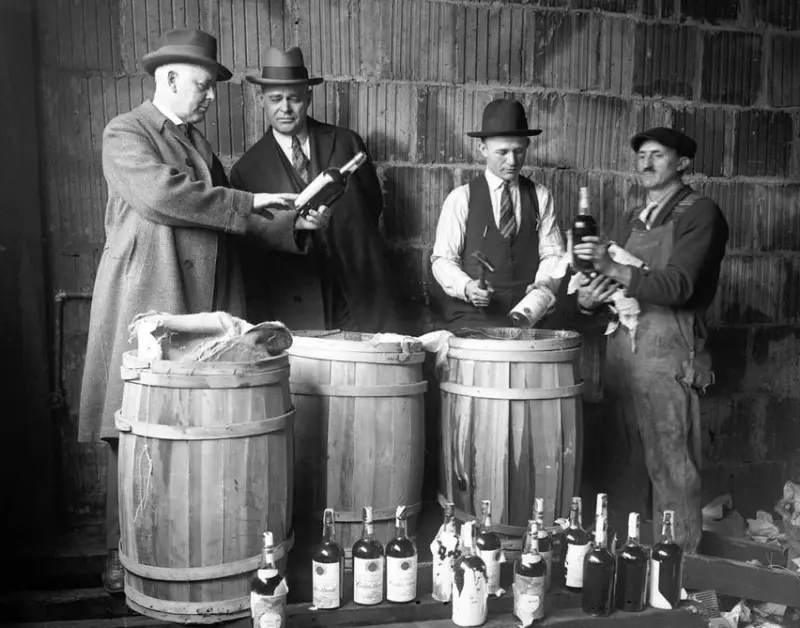
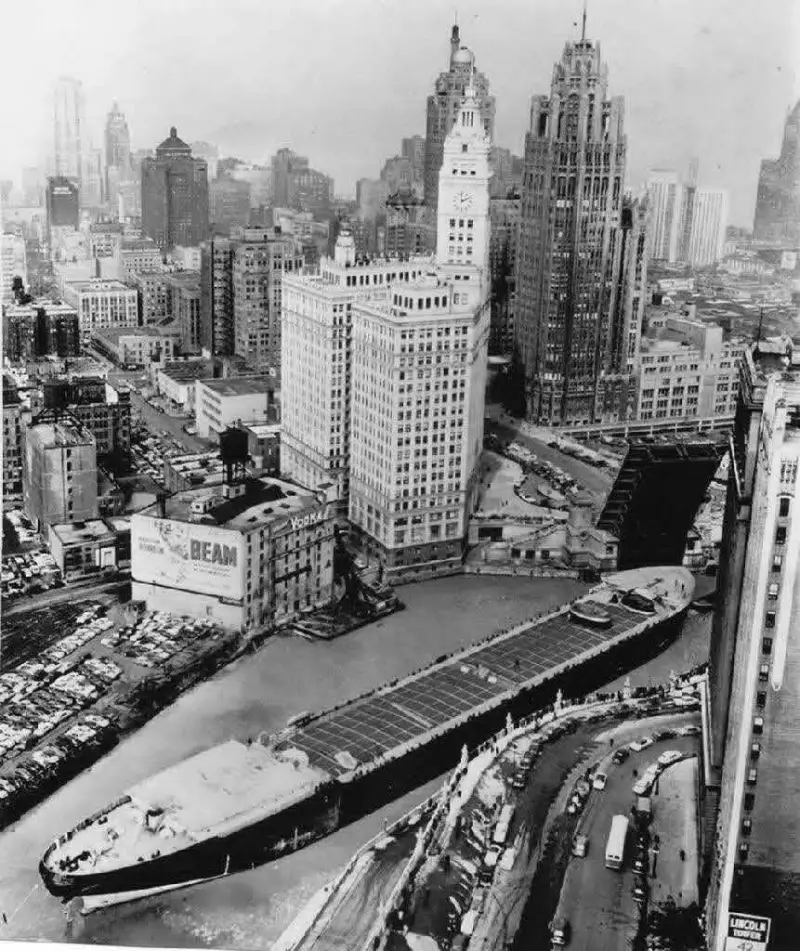
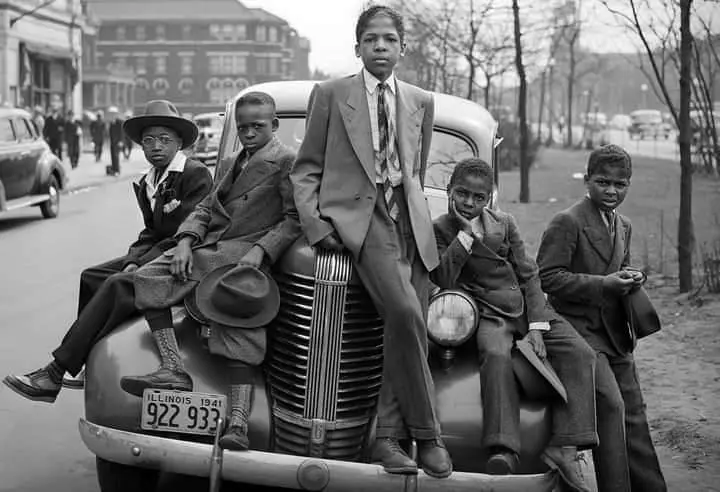
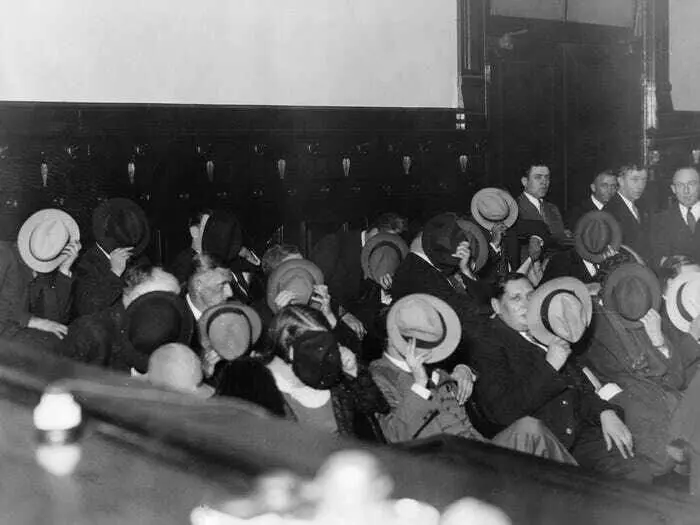
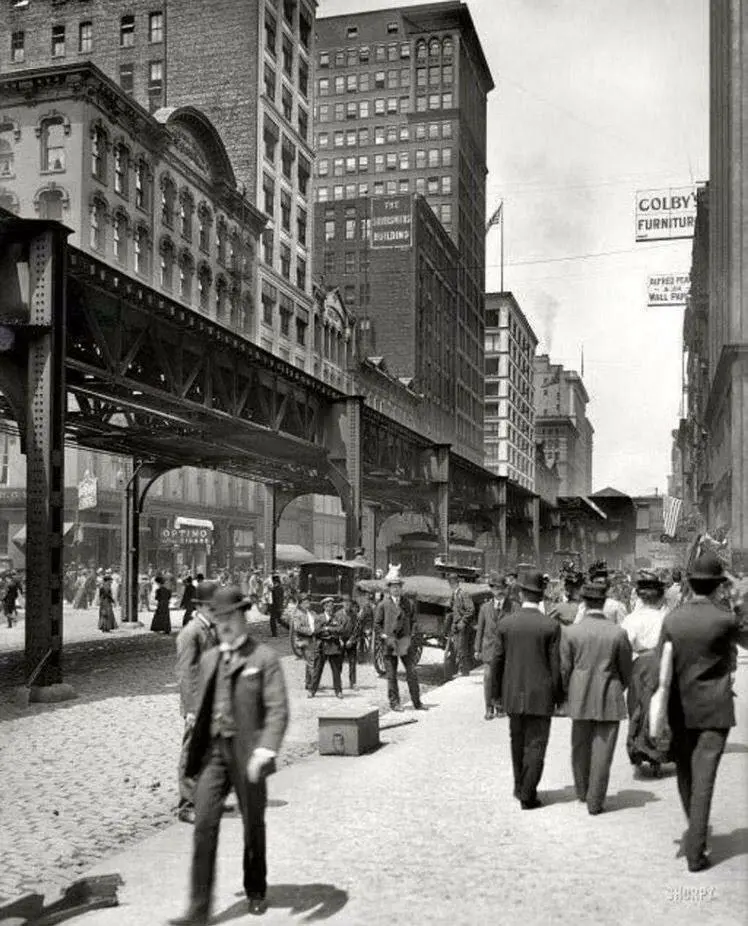
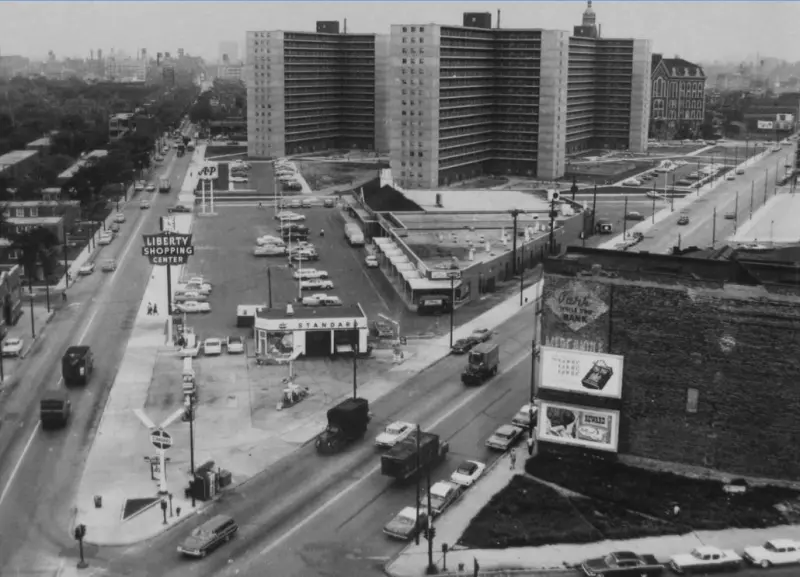
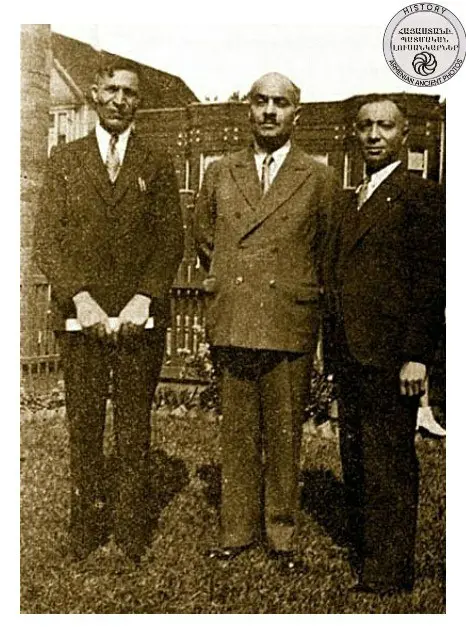
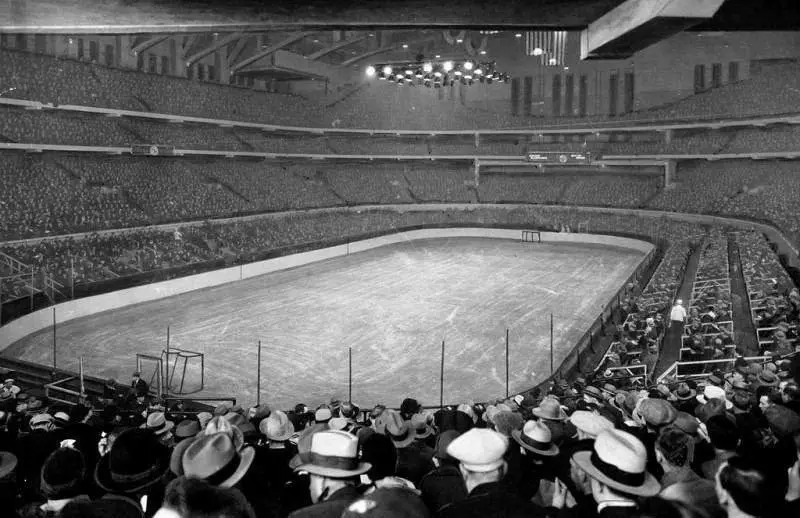
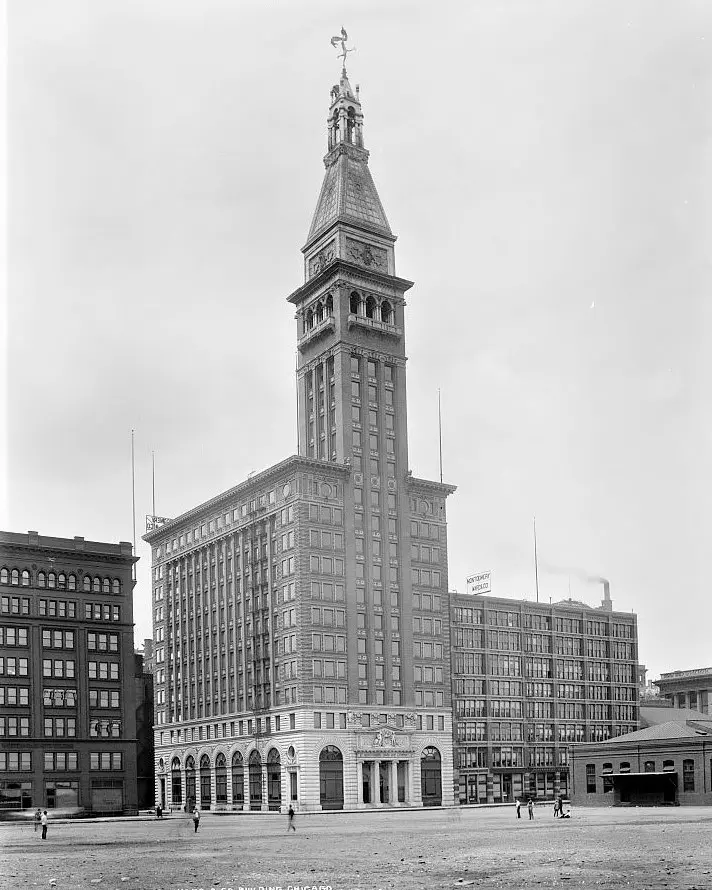
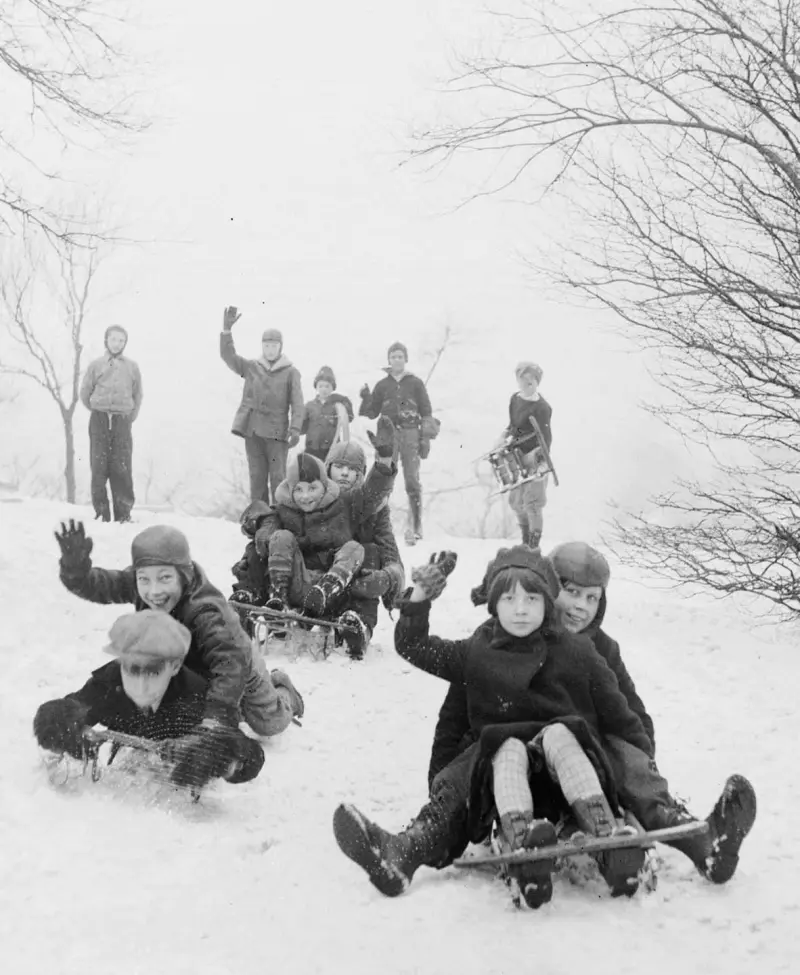
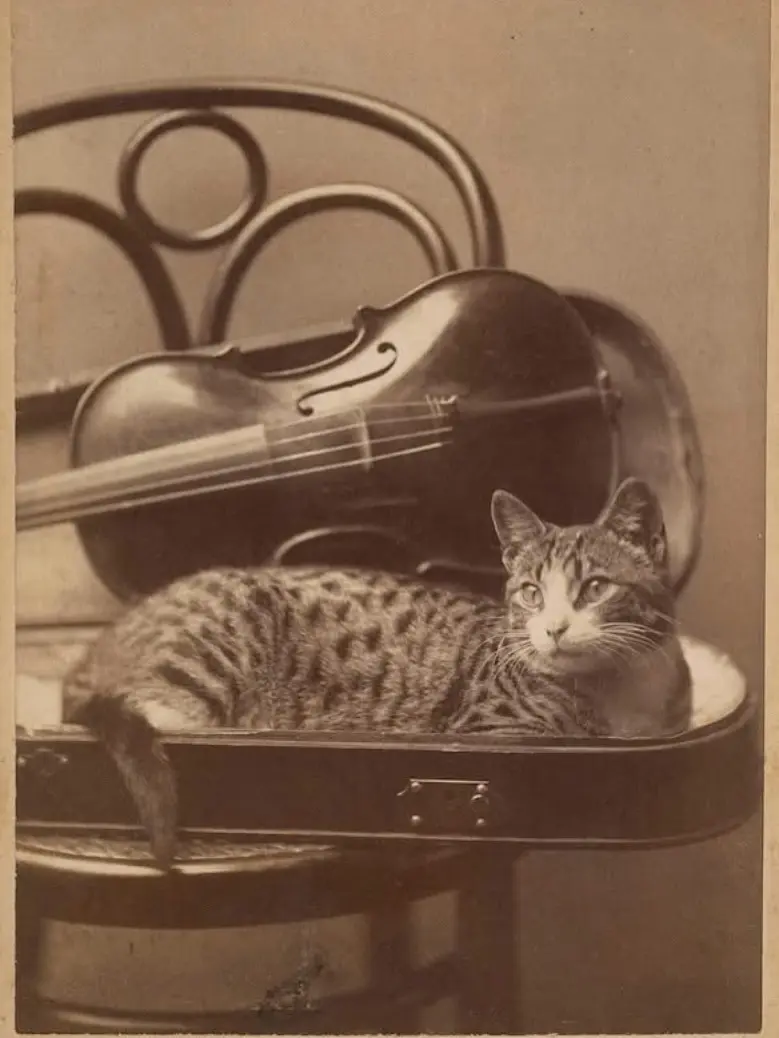
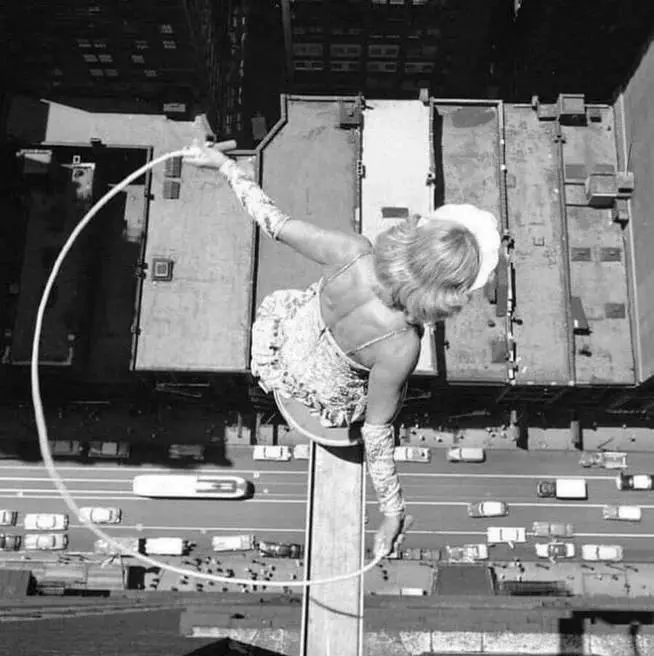
Sin comentarios aún, sé el primero en comentar...